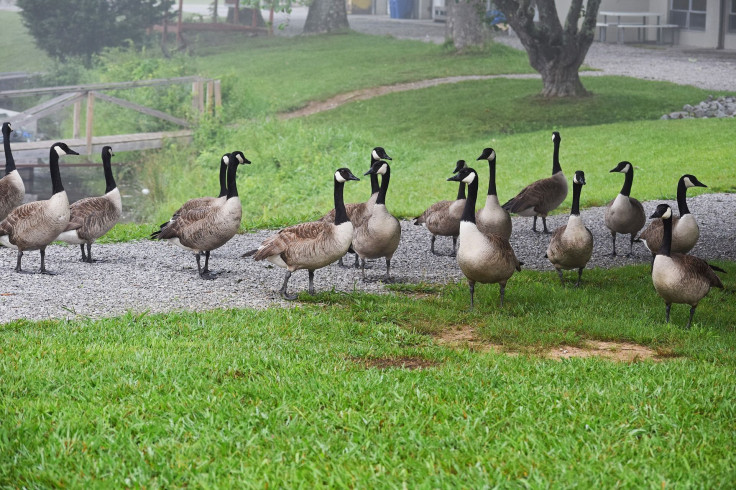Which Animals Could Go Extinct From Climate Change?

This question was originally published on Quora. Answer by Barbara Robson, Ph.D.
Yes. All animals and plants have a temperature range within which they thrive, and outside of which they suffer.
To some extent, animals and plants can move polewards to stay in a comfortable temperature zone as temperatures rise globally. Hence, for instance, we are seeing the mosquitoes that carry malaria and dengue spreading further from the equator (Mosquito-borne diseases on the uptick thanks to global warming) and we are seeing fish moving further from their original geographic ranges (Climate change forcing fish migration).
There are limits to this, however. Many species are unable to move further north (in the northern hemisphere) or further south (in the southern hemisphere) because they encounter physical limits such as the edges of islands and continents, the ends of rivers and mountain ranges, the lack of suitable habitat in the new range, or because they run into landscapes dominated by humans and our agriculture.
In the last year, we have seen some very dramatic events associated with the sort of extreme weather conditions that are becoming more likely with climate change. In Australia, for example, we have seen a massive mangrove die-off in the Gulf of Carpentaria and two consecutive years of disastrous coral bleaching events in the Great Barrier Reef and around the world. Coral reefs grow very slowly, so the opportunity for southward migration is very limited. Still considering marine habitats, we have also seen seagrass die-offs that have been attributed to marine heatwaves (Climate change threatens Western Australia's iconic Shark Bay). These habitats (mangroves, seagrasses and corals) themselves provide homes and food resources for many species that cannot live anywhere else.
Global climate change is not just warming, either. It is also causing changes in rainfall and evaporation, changes in ocean acidity, changes in storm frequency and fire weather, and sea level rise. All of these will also change environments, in some cases beyond the tolerable ranges of many species.
Over time, many species will gradually adapt and evolve to the new conditions or combine in new ways to create new functioning ecosystems, but many others will not be able to adapt or move fast enough. One of the reasons that climate change is such a problem is that it is happening so much faster than past temperature changes in the Earth’s history.
Most of my examples have been aquatic, because that is my focus, but I am sure it will not be hard for someone else to chime in with more terrestrial examples.






















